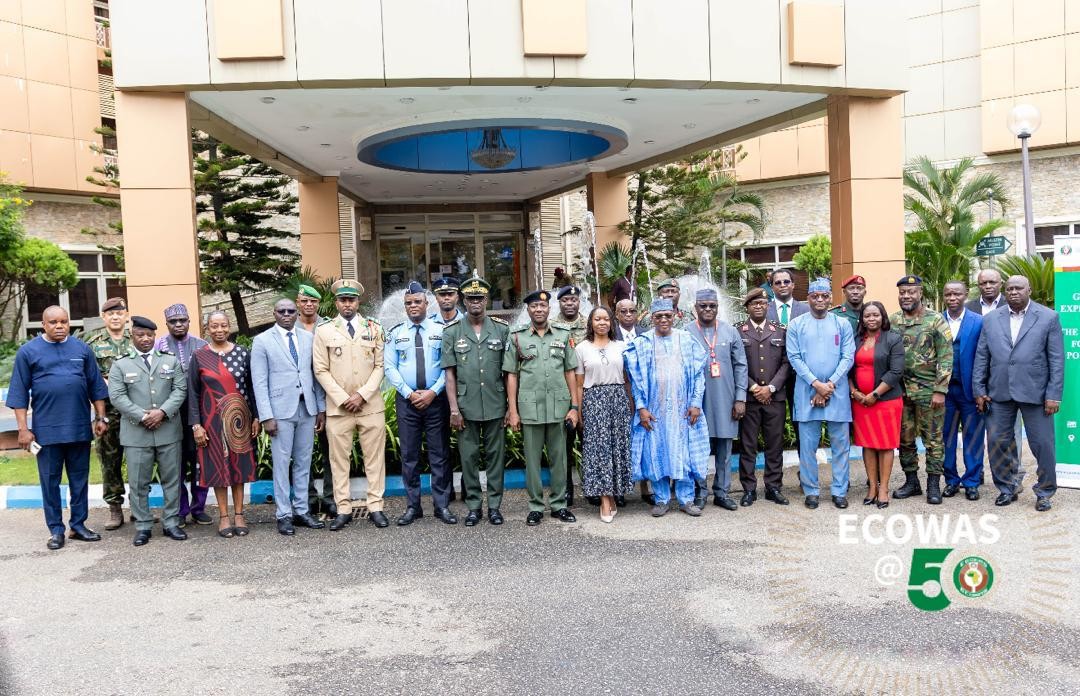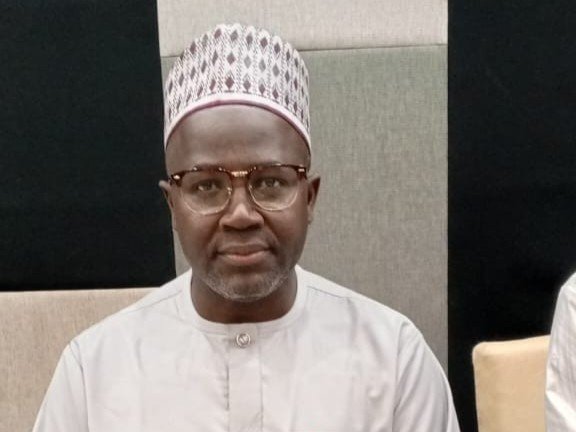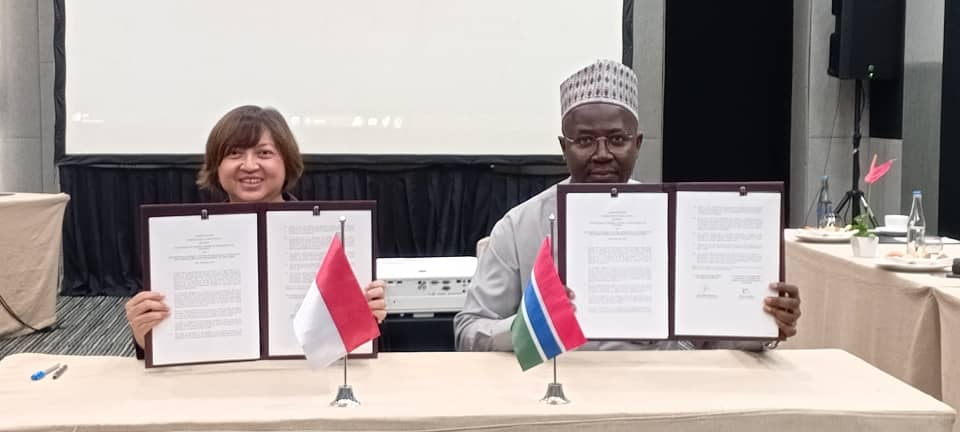The Economic Community of West African States (ECOWAS) has endorsed a groundbreaking training policy aimed at transforming its Standby Force into a fully operational mechanism for peace support operations and regional security.
This milestone was achieved during a two-day high-level Governmental Experts’ Validation Meeting held from 16 to 17 July 2025 in Abuja, Nigeria.
Organised by the ECOWAS Commission’s Directorate of Peacekeeping and Regional Security, the meeting brought together military training experts from Member States, technical specialists, and strategic partners to finalise and validate the ECOWAS Standby Force (ESF) Training Policy. The newly endorsed policy is designed to strengthen the operational readiness, professionalism, and responsiveness of the ESF in line with the African Standby Force framework.
In his opening remarks, Major General Umar Abubakar, Director of Peacekeeping and Regional Security at Nigeria’s Ministry of Defence, described the meeting as a pivotal moment in regional peacebuilding efforts. “The policy we are validating today will transform our Standby Force from concept to reality,” he said. “It ensures that we are prepared to respond swiftly and effectively to conflicts across the region, while serving as a critical pillar of the African Standby Force.”
Delivering the keynote address, Dr. Sani Adamu, Acting Head of the ECOWAS Peace Support Operations Division, highlighted the policy’s core values. “This policy is not simply a document, it is a framework that integrates human rights observance, gender inclusion, civilian protection, and post-conflict recovery,” he noted. “We are bringing to life a vision of a unified, professional, and accountable force capable of responding to the complexities of modern peace operations,” he added.
Representing the ECOWAS Peace, Security and Governance (EPSG) Project’s technical partners, Mrs. Yvonne Akpasom of GIZ reaffirmed international support for the initiative. “GIZ is proud to support ECOWAS in creating a policy that meets global standards. This framework reflects our joint determination to build a capable, credible, and cohesive Standby Force,” she stated during the closing session.
Participants of the meeting engaged in technical plenaries and syndicate group sessions, reviewing the policy’s architecture, scope, training standards, operational responsibilities, and implementation mechanisms. The final policy reflects shared priorities across the region, such as inclusivity, gender mainstreaming, standardisation, and accountability.
The initiative is supported under the ECOWAS Peace, Security and Governance (EPSG) Project, co-financed by the European Union and Germany’s Federal Ministry for Economic Cooperation and Development (BMZ), and implemented by GIZ.
The ECOWAS Commission urged swift adoption and implementation of the policy by all Member States, reaffirming its dedication to peacebuilding, regional solidarity, and crisis response. This strategic framework directly supports ECOWAS Vision 2050, which envisions a fully integrated, peaceful, and prosperous West Africa.
By institutionalising a unified training policy for its Standby Force, ECOWAS is strengthening its capacity to prevent conflict, respond to crises, and uphold human security across the region’s fifteen Member States.
Abuja, Nigeria






